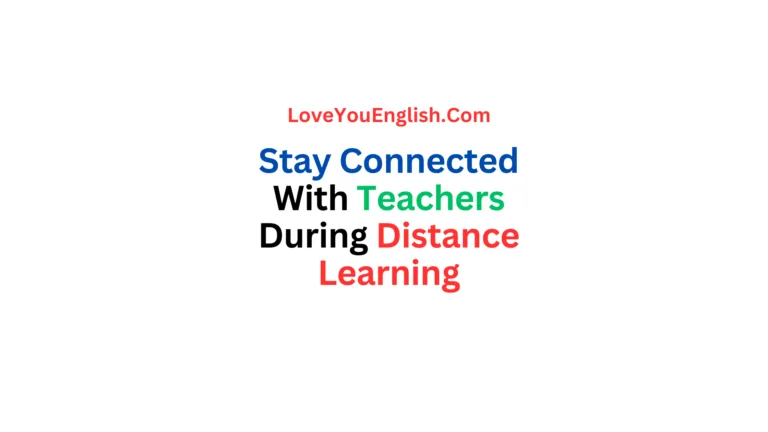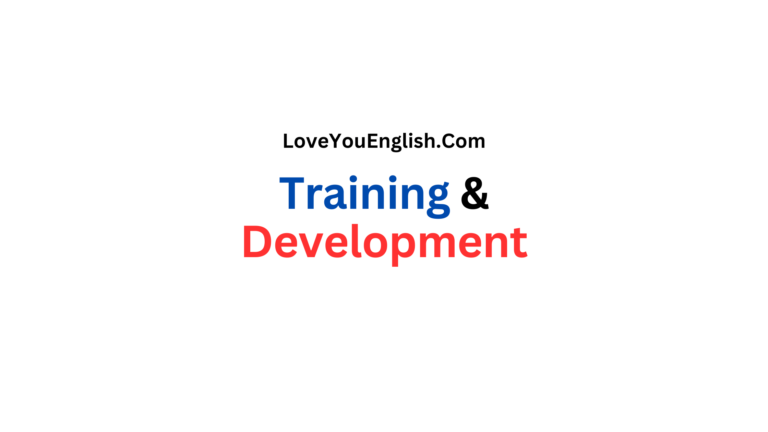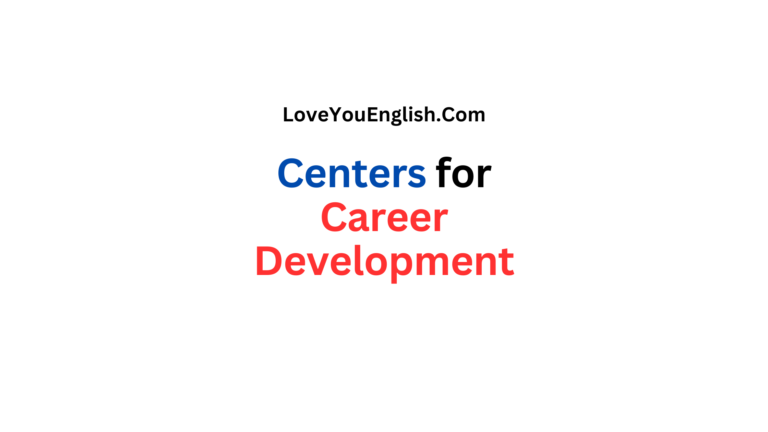A Comprehensive Guide to Career Aspirations
A Comprehensive Guide to Career Aspirations
The Journey of Professional Self-Discovery
Nowadays, the world of work is always changing, and what we want from our careers goes beyond just job titles or how much money we can make.
It’s really about finding ourselves, growing, and feeling satisfied with what we do.
Our jobs aren’t just ways to pay the bills; they show what we love, what we’re good at, and how we can make a difference in the world.
Everyone’s career journey is different, influenced by their own experiences, skills, values, and chances they get.
Figuring out what you want in your career isn’t something you do just once; it’s an ongoing journey of thinking, learning, and planning for the future.
Understanding Career Aspirations
Defining Career Aspirations
Career aspirations are the big dreams and goals you have for your future job.
They are more than just what you need to do for your current job; they include how you want to grow in your career, the difference you want to make in the world, and the kind of work that will make you feel happy and fulfilled.
These aspirations are deeply personal and can include:
- Becoming a leader in your industry
- Making significant innovations in your field
- Creating positive social change
- Achieving financial independence
- Developing expertise in a specific domain
- Starting your own business
- Contributing to cutting-edge research or technological advancements
The Psychological Dimensions of Career Aspirations
Your career aspirations are intrinsically linked to your personal identity, values, and sense of self-worth.
They reflect:
- Your core values and beliefs
- Your perception of personal potential
- Your desire for growth and self-actualization
- Your need for meaningful contribution
- Your interpretation of success
Self-Assessment: The Foundation of Career Planning
Identifying Your Strengths and Passions
The first step in developing meaningful career aspirations is deep self-reflection.
This involves:
- Skills Inventory
- Technical skills
- Soft skills
- Unique talents
- Areas of natural proficiency
- Passion Mapping
- What activities energize you?
- What topics fascinate you?
- Where do your interests intersect with professional opportunities?
Personality and Career Alignment
Understanding your personality type can provide crucial insights into suitable career paths.
Frameworks like the Myers-Briggs Type Indicator (MBTI) or Holland’s Vocational Theory can help you:
- Identify work environments where you’re most likely to thrive
- Understand your natural work preferences
- Recognize potential career paths that align with your personality
Developing a Strategic Career Vision
Short-Term vs. Long-Term Goals
Effective career planning involves creating a balance between immediate objectives and long-term aspirations:
Short-Term Goals
- Skill development
- Gaining relevant experiences
- Building professional networks
- Obtaining certifications
- Taking on challenging projects
Long-Term Aspirations
- Career progression
- Industry leadership
- Entrepreneurial ventures
- Global impact
- Continuous learning and reinvention
Creating a Flexible Career Roadmap
While having a clear vision is important, flexibility is key in today’s rapidly changing job market.
Your career roadmap should:
- Be adaptable
- Include multiple potential paths
- Allow for unexpected opportunities
- Incorporate continuous learning
- Embrace potential pivots
Overcoming Challenges in Pursuing Career Aspirations
Common Obstacles
- Self-Doubt
- Imposter syndrome
- Fear of failure
- Limiting beliefs about personal potential
- External Constraints
- Financial limitations
- Family responsibilities
- Market competition
- Economic uncertainties
- Skill Gaps
- Technological disruptions
- Evolving industry requirements
- Need for continuous upskilling
Strategies for Resilience and Growth
- Continuous Learning
- Online courses
- Professional workshops
- Advanced degrees
- Skill-specific certifications
- Networking and Mentorship
- Professional associations
- Industry conferences
- Mentorship programs
- Online professional communities
- Mental Resilience
- Growth mindset
- Emotional intelligence
- Stress management techniques
- Positive visualization
The Role of Technology in Career Development
Digital Transformation and Career Opportunities
The digital revolution has fundamentally transformed career landscapes:
- Remote work possibilities
- Global collaboration platforms
- AI and automation creating new roles
- Increased importance of digital skills
- Rise of the gig and freelance economy
Leveraging Technology for Career Growth
- Online Learning Platforms
- Coursera
- edX
- LinkedIn Learning
- Udacity
- Professional Networking
- Professional forums
- Industry-specific online communities
- Personal Branding
- Professional websites
- Digital portfolios
- Thought leadership content
- Social media professional presence
Emerging Career Trends and Future Outlook
Industries of the Future
Promising career domains include:
- Artificial Intelligence and Machine Learning
- Renewable Energy
- Biotechnology
- Cybersecurity
- Digital Healthcare
- Sustainable Development
- Space Technology
Skills for Future-Proofing Your Career
- Technical Skills
- Data analysis
- Coding
- AI and machine learning
- Cybersecurity
- Digital marketing
- Soft Skills
- Adaptability
- Emotional intelligence
- Creative problem-solving
- Cross-cultural communication
- Critical thinking
Conclusion: Your Career, Your Masterpiece
Your career is like a work of art that you keep changing and improving over time.
It’s not just about sticking to a set plan; it’s about making a journey that reflects your special skills, interests, and dreams.
Welcome the unknown, keep asking questions, and see every experience as a chance to grow.
Your career isn’t only about achieving success at work; it’s also about finding happiness, learning new things, and making a positive impact on the world.
Don’t forget, the most thrilling career paths are often the ones we haven’t even thought of yet.
Keep an open mind, be ready for anything, and most importantly, be yourself.
Final Thoughts
- Your career is a journey, not a destination
- Embrace lifelong learning
- Be adaptable and resilient
- Trust your unique path
- Celebrate your progress, not just your achievements







